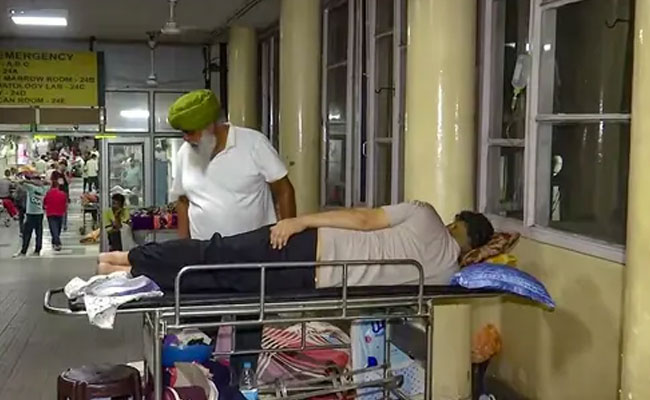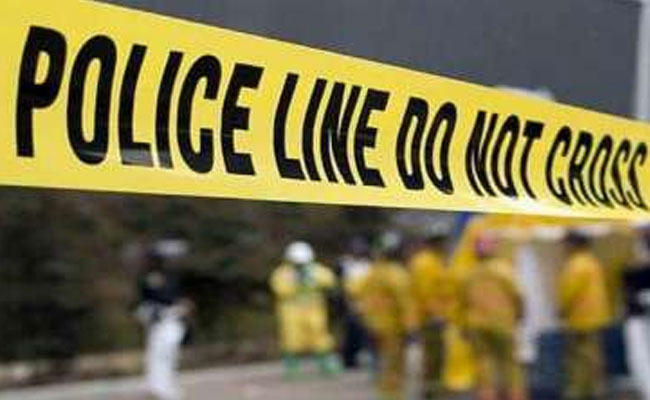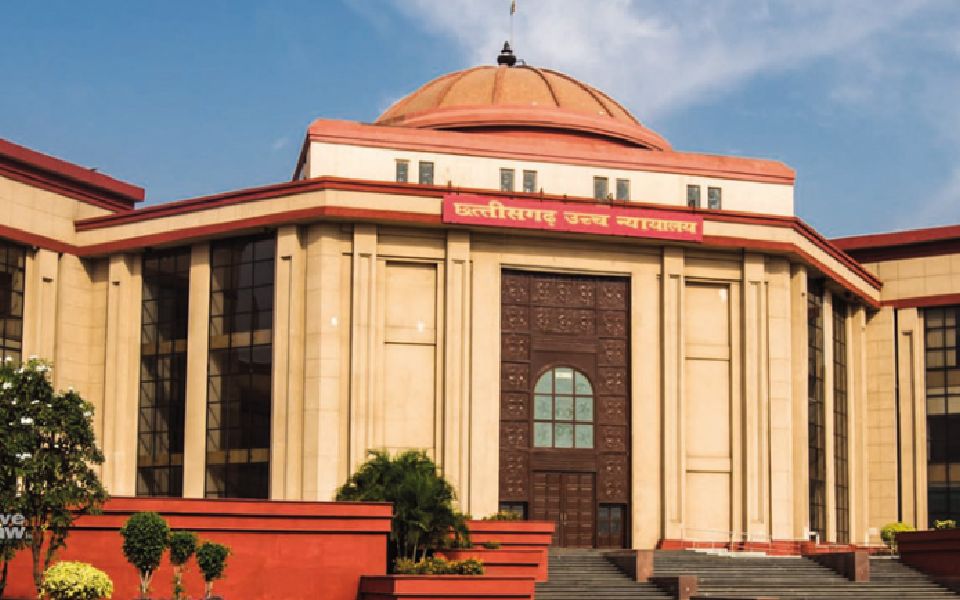Chandigarh (PTI): More than 400 patients were evacuated to safety after a major fire broke out in PGIMER-Chandigarh's Nehru Hospital block late last night, officials said on Tuesday.
No injuries were reported in the incident.
An official of the fire and emergency services department said that 11 fire tenders including one each from Panchkula and Mohali were pressed into service to quickly control the blaze.
"There is no casualty or injury to anyone in the incident," the official said.
The fire broke out in the UPS system of the computer room on the first floor around 11.45 pm on Monday, with the smoke making its way up to the higher floors, the officials said.
The windowpanes on some of the upper floors were broken to let the smoke out and prevent any suffocation incidents, they said.
The patients evacuated included 34 from the intensive care unit (ICU) and 80 pregnant women. Fifty-six babies and 17 undergoing treatment in the paediatric ward were also moved to safety.
Fire tenders were immediately pressed into service and brought the blaze under control after some time, the officials added.
The fire and emergency services and the disaster management departments, police and the Post Graduate Institute of Medical Education and Research's (PGIMER) own emergency response system immediately swung into action after the fire was reported.
PGIMER and disaster management department officials said all the patients were immediately evacuated and shifted to safe zones and relocated to other wards.
"We evacuated 424 patients. We have an extension building in Nehru Hospital where some of them were shifted. Everyone worked as a team in PGI with the Chandigarh Union Territory administration's support," PGIMER Medical Superintendent Vipin Koushal told PTI.
"There was no loss of life. But damage to property has taken place due to the fire and restoration work is being started," he said.
According to a statement issued by PGIMER during the day, the fire occurred in the computer room of Nehru Hospital's C-Block. The reason of the fire is believed to be a short circuit, it said.
The C-Block houses a dialysis unit, adult kidney unit, renal transplant unit, male and female medical wards, gynaecology, maternity, nursery and neonatal ICU, bone marrow transplant and operation theatres that function round-the-clock throughout the year, it added.
"As soon as the incident occurred, security officers, fire officers and staff members including faculty, residents, staff nurses and subordinate staff of PGI got into action and all the patients from these areas were rescued and shifted to the safer areas," said the statement.
Sources said though initially the fire triggered panic among the patients and their attendants, authorities quickly swung into action and brought the situation was brought under control.
PGIMER Director Prof Vivek Lal, senior faculty members, the medical superintendent and administrative officers reached the spot immediately. The PGIMER's fire and engineering wings also swung into action to provide the support required for patient care, it said.
A disaster management department official said, "All patients were safely evacuated. We cleared the ICU, respiratory ICU ... Our rescue team worked in coordination with the police, the fire department and PGI departments."
The smoke and heat spread to the corridors due to which the patients from the adjoining areas' advanced urology centre and male surgical ward were also shifted to safety to avoid any sort of suffocation incident, according to the statement.
The patients were shifted to two different areas of Nehru Hospital and its extension block.
The authorities also moved the patients admitted in the adjoining wards and corridors to other wards or ICUs to avoid any untoward incident as the smoke spread.
The evacuation was done within 60 minutes and there was no loss of life. Around 2 am, all the services related to patient care were mostly restored, the statement said.
Director Lal has instructed the engineering wing for immediate restoration of the affected areas.
The statement said the areas affected will require major repairs and operation theatres and other facilities are expected to be made functional as soon as possible. At present, alternative arrangements have been made in other areas of the institute, Advanced Trauma Centre and the extension block.
A 14-member committee has been constituted under the chairmanship of Dean (Academic) Prof Naresh Panda to ascertain the exact cause of the fire and work out an action plan to avoid such incidents in the future, the statement said.
Let the Truth be known. If you read VB and like VB, please be a VB Supporter and Help us deliver the Truth to one and all.
Palakkad (PTI): Explosives found outside a school compound in Vadakanthara in this district on Wednesday were confirmed to be of a dangerous nature, according to the First Information Report (FIR).
The explosives were found on Wednesday evening when a student threw one of the devices--which are suspected to be used for eliminating wild boar--resulting in an explosion, causing minor injuries to both himself and an elderly woman nearby, police said.
The FIR states that Narayanan, a 10-year-old student, discovered the explosives near the gate of the Vyasa Vidhya Peedom pre-primary school compound in Vadakanthara at around 3.45 pm.
Excited over the discovery, he threw one of the explosives to the ground, which then exploded with a loud sound, injuring himself and 84-year-old Leela, who was standing nearby.
School authorities and residents rushed to the scene and called the police who searched the place and found four more explosives in a bucket.
The injured were taken to the hospital, and their condition is stable, said police sources.
Palakkad North police have registered a case under section 3(a) (causing an explosion that is likely to endanger life), section 4(a) (keeping explosives with an intention to endanger life and property) of the Explosive Substance Act, and section 75 of the Juvenile Justice (Care and Protection of Children) Act that deals with cruelty to children.
The FIR of the case stated that explosives were of a dangerous nature and were kept at the place to endanger human life.
A team led by a DySP-ranked officer is investigating the case.
According to police, CCTV cameras in the area have been recovered as part of the investigation, and attempts are being made to identify people who kept explosives near the school compound.
BJP district leaders alleged a major conspiracy behind the incident and demanded a thorough probe.
CPI(M) leaders alleged that the school management is affiliated with RSS, and there is training given to volunteers in the area.
Congress has also called for a detailed probe into the incident.




